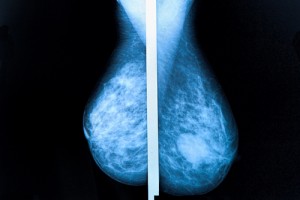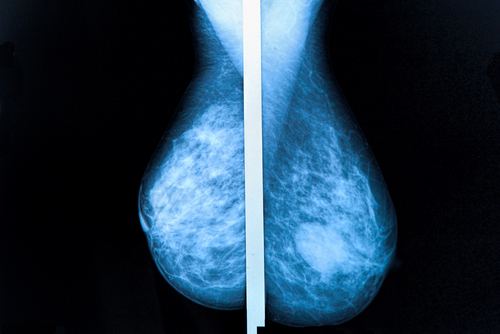 Women who have dense breast tissue might have a difficult time in detecting breast cancer through mammograms, since both this type of tissue and tumor mass show up as white.
Women who have dense breast tissue might have a difficult time in detecting breast cancer through mammograms, since both this type of tissue and tumor mass show up as white.
As an alternative, Saint Mary’s Regional Medical Center, Northern Nevada, began offering its FDA-approved Automated Breast Ultrasound System, or ABUS, last March.
“The ABUS is a new screening test for breast cancer in women with dense breast tissue. It is quick, comfortable and does not use radiation. When used in addition to mammography, it can improve breast cancer detection by 36 percent over mammography alone,” said Dr. Shin Kim, medical director of imaging at Saint Mary’s in a Reno Gazette-Journal interview.
The SonoCine, another technology designed to use in women with dense breast tissue, has been available for some years and it can provide an additional way to detect small cancers that would be missed in normal mammographies, this way doubling the probabilities of detection. Neither the ABUS nor SonoCine use radiation and both are considered painless techniques.
Dense breast tissue is more common in young women (75%) than in older women (25%), since milk-producing tissue is thick and dense.
Furthermore, women who present with dense breasts have an increased risk (4 to 5 times) to develop cancer when compared to women with low breast density, although the reasons behind this correlation are unknown so far.
[adrotate group=”1″]
In order to group women according to their breast tissue density, the American College of Radiology’s Breast Imaging Reporting and Data System (BI-RADS) uses a rating system of 1 through 4 where density levels of 3 to 4 are considered dense, with 3 meaning a 51-75% density and 4 indicating more than 75% density.
 Currently in some states, after mammogram results radiologists are obliged to inform women whether or not they have dense breast tissue, and if that happens to be the case, women should consult with their physician to preform a screening breast ultrasound.
Currently in some states, after mammogram results radiologists are obliged to inform women whether or not they have dense breast tissue, and if that happens to be the case, women should consult with their physician to preform a screening breast ultrasound.
Even though according to the American Cancer Society some health insurance companies don’t cover additional screenings, ABUS is covered by most of them. Also, in some states health insurance companies are required to cover additional costs for women who are categorized as having dense breasts.
“Screening breast MRI scans are only recommended for patients with high risk of breast cancer such as patients with the BRCA mutation, chest radiation between age 10 and 30 years, and mother or sister with breast cancer before age 40. Even in these, patients, still have to get annual mammograms because mammograms can detect cancers not seen on MRI scans,” added Dr. Kim in the same interview.



Absolutely! Just found out a person close to me has beasrt cancer. I and all my friends are doing the beasrt cancer walk again this year! Hopefully this continues to raise the awareness of beasrt cancer or any cancer for that matter!